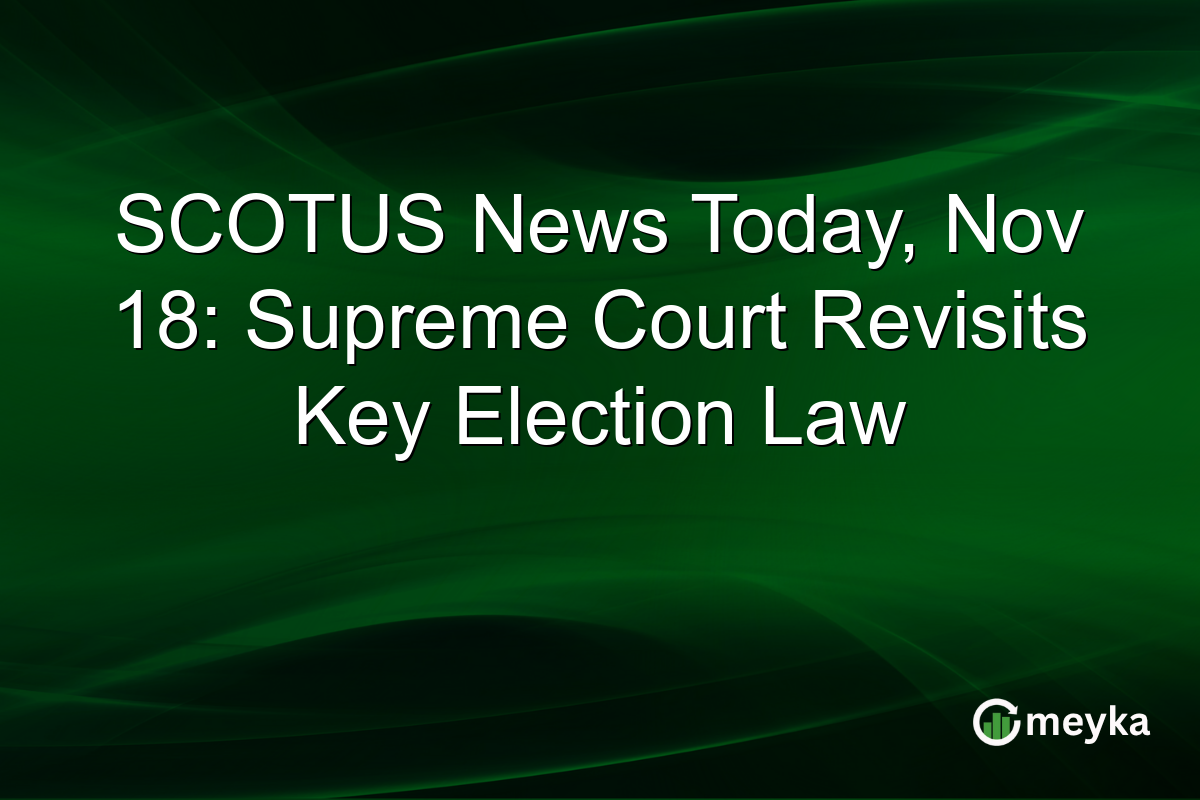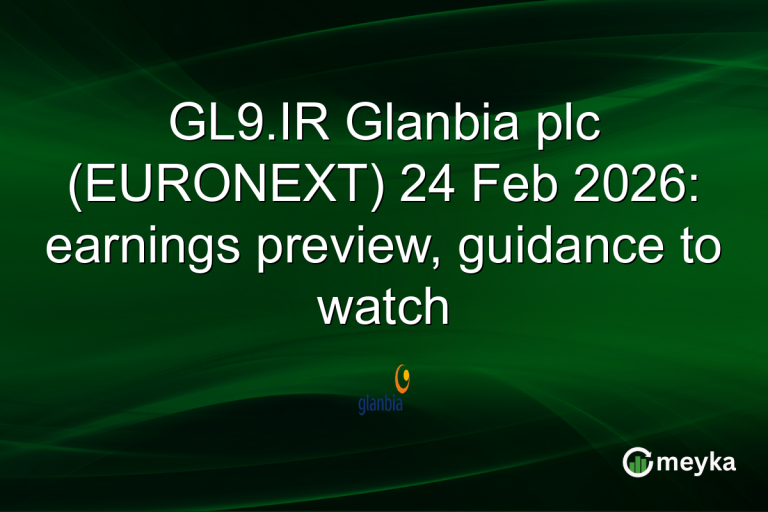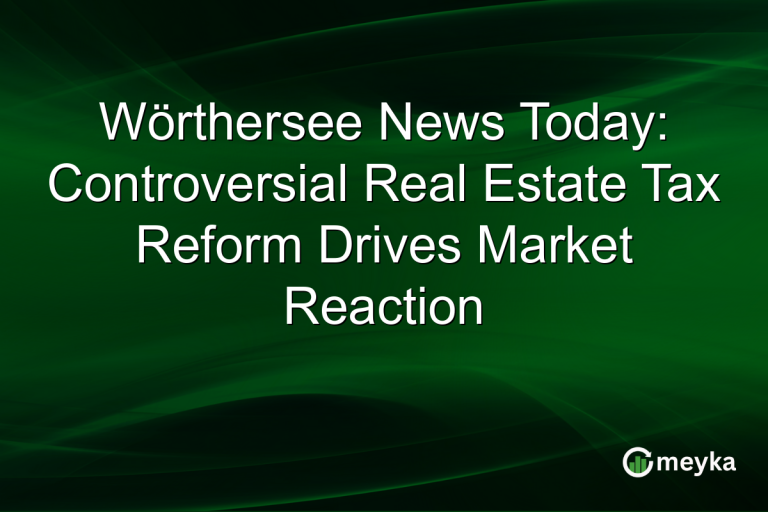SCOTUS News Today, Nov 18: Supreme Court Revisits Key Election Law
Today, the Supreme Court revisits a pivotal election law case from Mississippi, underscoring the ongoing debates around federal and state election laws. This case could redefine voting procedures and the interplay of authority between state and federal jurisdictions. With implications for future elections, SCOTUS decisions here are closely watched. As the judiciary tackles these issues, stakeholders anticipate significant shifts in the electoral landscape.
Continue Reading on Meyka
This article is available in full on our main platform. Get access to complete analysis, stock insights, and more.
Read Full Article →





